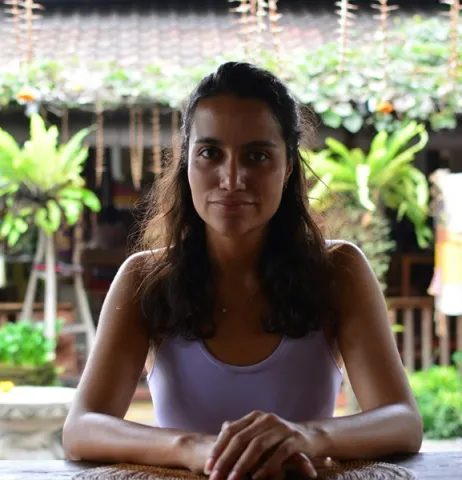About the project
This project aims to develop the next-generation photonic integrated platform operating across the UV-NIR spectrum for quantum applications.
As part of the project, you will explore various materials for UV-NIR operation and you will design, fabricate, and characterize key components for quantum technologies including passive components (waveguides, demultiplexers, and interconnects), nonlinear elements for single-photon sources, and reconfigurable components.
This platform will support the realization of Quantum Photonic Integrated Circuits (QPICs) for emerging technologies like trapped-ion computers, quantum communications, and quantum sensing.
We are looking for an enthusiastic candidate with background in photonics, electronics, physics, or material science to participate in the development of this platform. The work will focus on process development and fabrication using our state-of-the-art cleanroom, along with component simulation and design.
Throughout the project, you will gain expertise in semiconductor processing, photonic design, and experimental techniques. Training will be provided in our advanced cleanroom facilities, and you will have access to high-performance computing resources for simulations.
You will join a cutting-edge research group in the Optoelectronics Research Centre (ORC) at the University of Southampton, and work in the state-of-the-art cleanroom facilities and photonic device characterisation laboratories at the ORC.
You will also have the opportunity to collaborate with international and national researchers with a strong track record in the field and contribute groundbreaking advancements in photonics.

